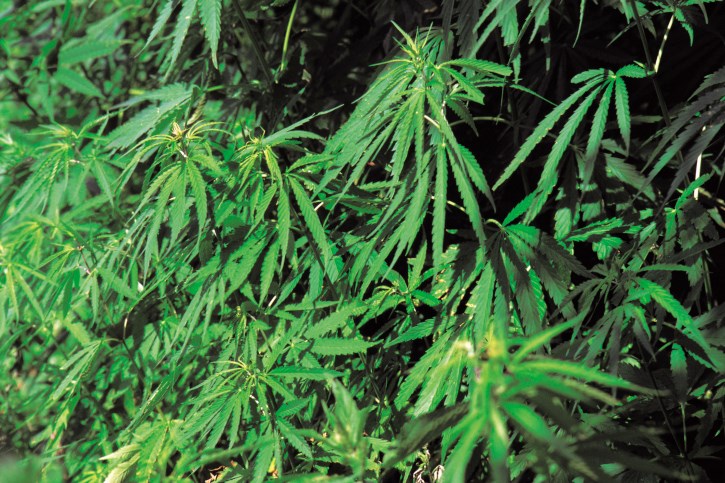B.C. landlords want the province to follow the lead of Quebec and ban marijuana growing in private homes when recreational marijuana becomes legal under federal legislation on July 1.
LandlordBC, an industry lobby group, is also pushing the B.C. government to introduce legislation that would outlaw the smoking of marijuana in rental housing, which would be a first such law in Canada.
Under Quebec’s proposed marijuana law, residents are allowed to use marijuana recreationally in their homes but won’t be permitted to grow cannabis for personal use.
The federal draft legislation, however, allows the growing of up to four plants up to a metre high in private homes. It also allows the consumption of marijuana in private residences.
As well, about 150,000 Canadians are registered as medical marijuana users and could claim discrimination against restrictions on production or use.
“I think there could be a constitutional challenge to an outright ban on growing marijuana [in a private residence],” said Scott Bernstein, a Vancouver lawyer and senior policy analyst at the Canadian Drug Policy Coalition.
He said B.C. could lower the number of plants that could be grown, but it would be difficult to have a blanket ban on people growing marijuana for their personal use, particularly for medical purposes.
B.C. landlords currently have the right to designate a rental building or unit as smoke-free of any combustible material and that would include cannabis, said David Hutniak, CEO of LandlordBC.
However, restrictions on tenants smoking cannot be done retroactively. If an existing tenancy agreement permits tenants to smoke, the tenancy agreement can’t be changed until the tenant vacates, Hutniak said.
“What we would like to see is all smoking being banned in rental units, including cannabis. We are even more concerned about the potential for personal grow-ops and are vigorously encouraging the B.C. government to ban cannabis grow-ops, and consumption, from rental housing.”
In a 2017 submission to the Cannabis Legalization and Regulations Secretariat, LandlordBC noted that even small grow-ops could cause ventilation and mould problems in a rental building and expose landlords to liability.
“Insurance companies currently tend to cancel insurance policies when they learn any marijuana has been grown. That leaves a landlord with no liability insurance. That also leaves the landlord and the mortgage holder with no coverage if the building is destroyed or damaged by fire, even if the fire is unrelated to the marijuana,” the submission states.
But Bernstein said there could be grounds to claim discrimination if marijuana use were banned for tenants and not for homeowners. He added that medical marijuana users could also argue that was an infringement of their constitutional rights.



